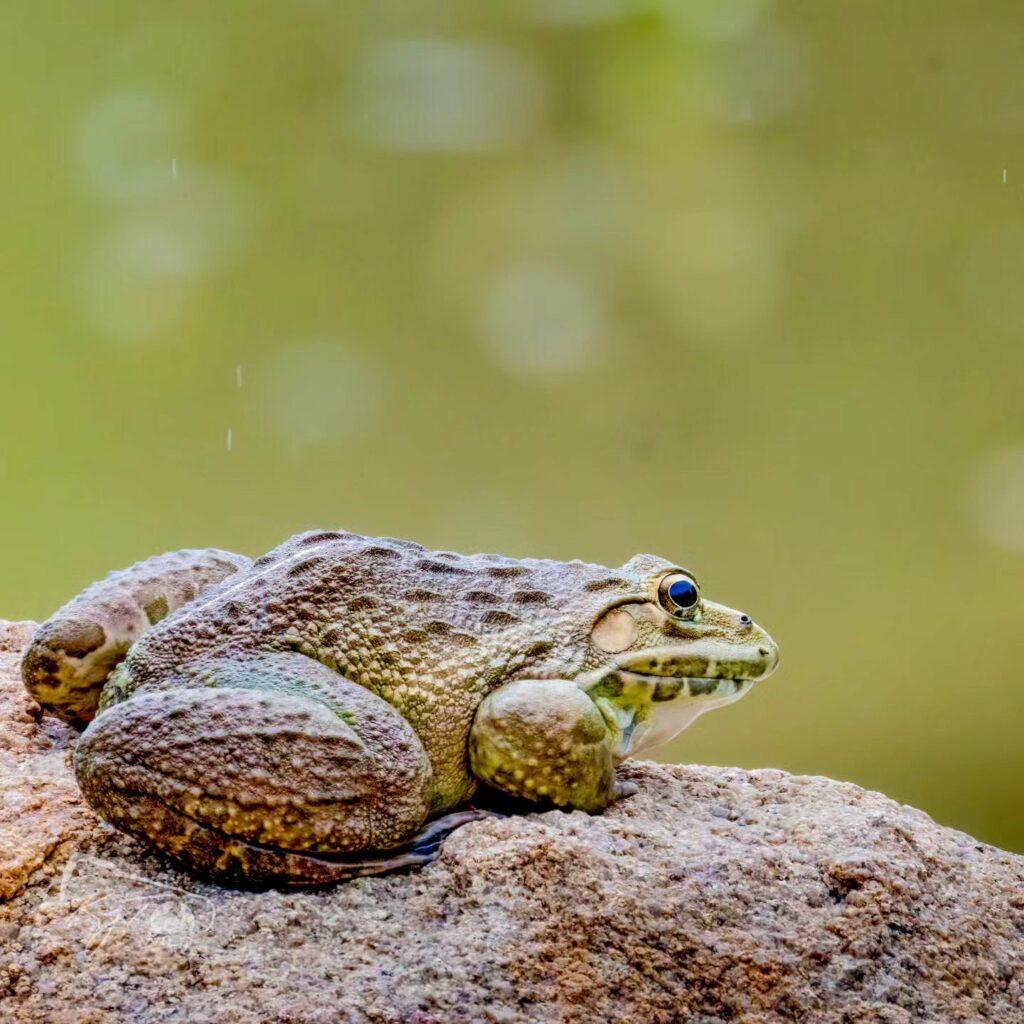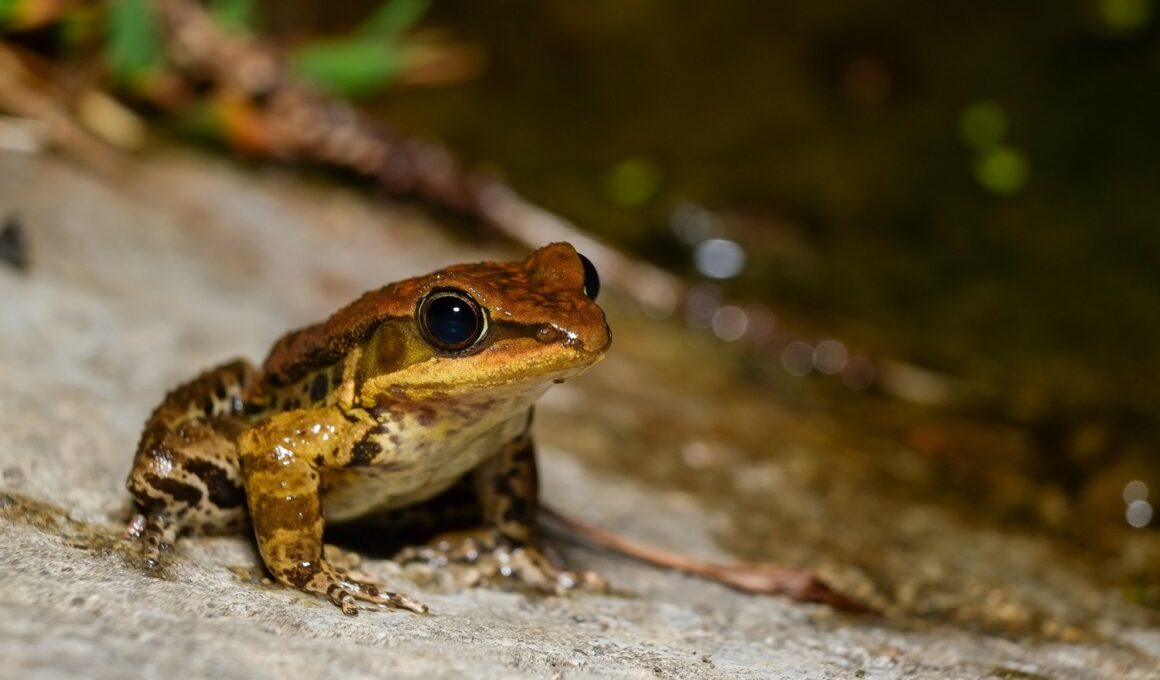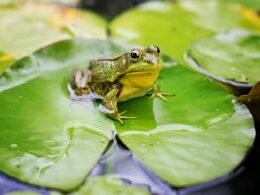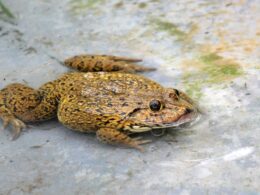In this article Show
Imagine you’re out in your backyard, enjoying a sunny afternoon, when you spot a familiar face—or should I say, a familiar frog. It’s the same little guy you released into a pond weeks ago. Astonishingly, he’s back! This begs the question: Can frogs find their way home?
Understanding frog navigation isn’t just a quirky curiosity; it’s crucial for ecology and conservation efforts. Frogs play a vital role in ecosystems, acting as predator and prey. Knowing how they navigate their environment can help us protect these fascinating creatures and the habitats they call home.
Whether you’re a fellow reptile enthusiast or someone intrigued by the natural world, you’ll come away with a deeper understanding of how frogs might just be more “home-smart” than we give them credit for.
Can Frogs Find Their Way Home?
Yes, frogs can find their way home. Many frog species have a strong homing instinct, allowing them to return to their home territory or breeding grounds after being displaced. This ability is thought to be linked to environmental cues such as the Earth’s magnetic field, the position of the sun, or familiar landmarks. Frogs often return to the same location year after year for breeding, indicating a remarkable sense of direction and location memory.
Theories on Frog Navigation
To further understand whether frogs can find their way home or not, here are some theories on frog navigation.
1. Innate Navigation Abilities
One of the most intriguing theories suggests that frogs have an innate navigation ability. Researchers have conducted experiments to relocate frogs miles away from their home ponds. Astonishingly, many of these frogs managed to return, suggesting that they possess some form of built-in GPS.
2. Learned Navigation
On the flip side, some experts argue that frogs learn to navigate based on experience. Young frogs, for instance, may follow older, more experienced frogs to learn the routes. Experiments have shown that frogs raised in captivity and then released into the wild often struggle with navigation, lending credence to this theory.
3. Role of Environmental Cues
Environmental factors can’t be ignored when discussing frog navigation. Frogs are believed to use cues like the position of the sun, moon, and even the Earth’s magnetic field to find their way. Some studies suggest that they may also use landmarks, such as specific trees or rocks, to guide them.
Importance of Understanding Frog Navigation
Understanding how frogs navigate is more than just an academic exercise; it has real-world implications. Frogs play a vital role in ecosystems, serving as both predators and prey.
Their well-being directly impacts the health of wetlands, forests, and even agricultural areas. Knowing how they find their way home can inform conservation strategies, helping us create environments where frogs can thrive.

How This Knowledge Can Be Applied
So, how can we use this information? For starters, wildlife managers can consider the navigational abilities of frogs when planning land use or restoration projects. Reserving these elements becomes crucial if frogs rely on specific landmarks or environmental cues.
Additionally, this knowledge can guide efforts to reintroduce frogs into areas where they have been extirpated, ensuring a higher chance of survival and adaptation.
In summary, whether frogs can find their way home is not just a curiosity—it’s a matter of ecological importance. The more we understand their navigational abilities, the better equipped we are to protect these fascinating creatures and their environments.
Final Thoughts
So, can frogs find their way home? As we’ve seen, the answer is complex and still a subject of ongoing research. Whether it’s innate abilities, learned experiences, or environmental cues, it’s likely a mix of factors that guide these fascinating amphibians back to their habitats.
What’s clear is that this isn’t just a question for the curious mind; it has tangible implications for conservation and ecology. As we continue to explore this topic, each discovery enriches our understanding of the natural world and equips us to protect it better.









